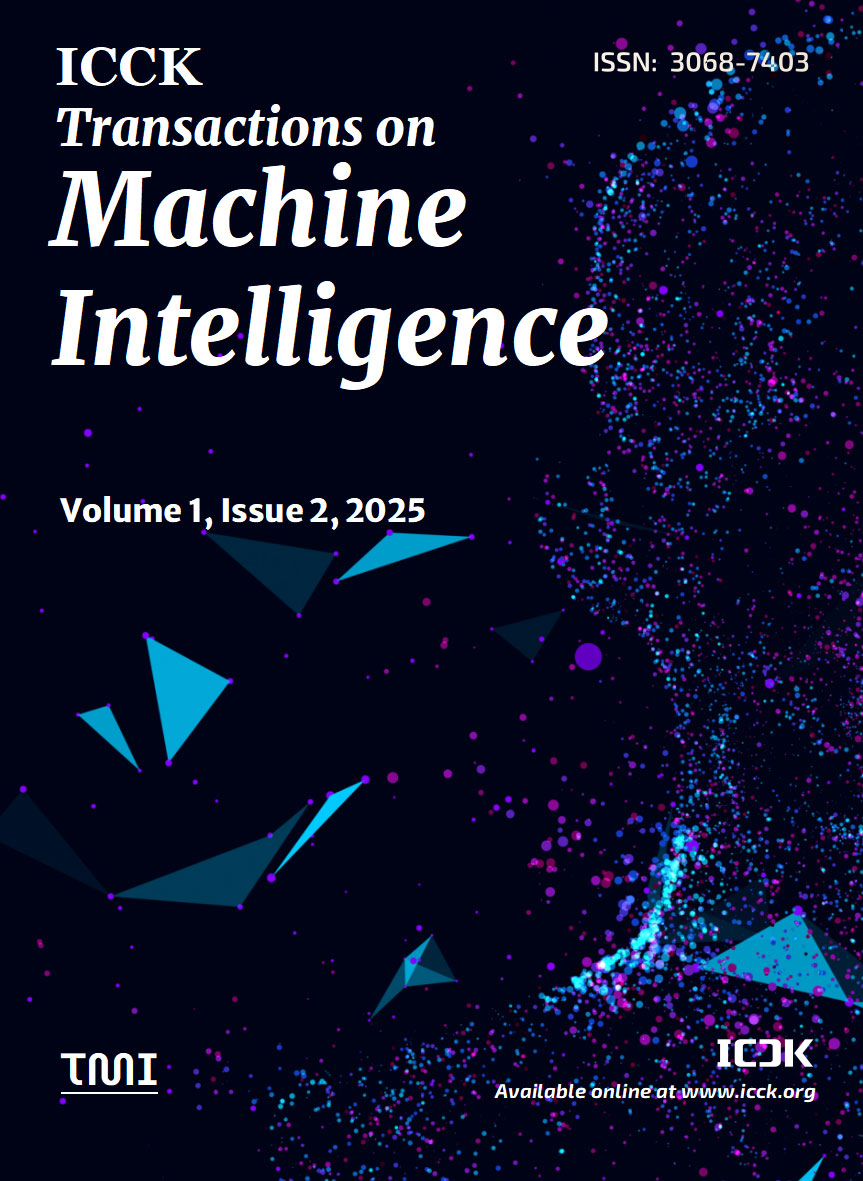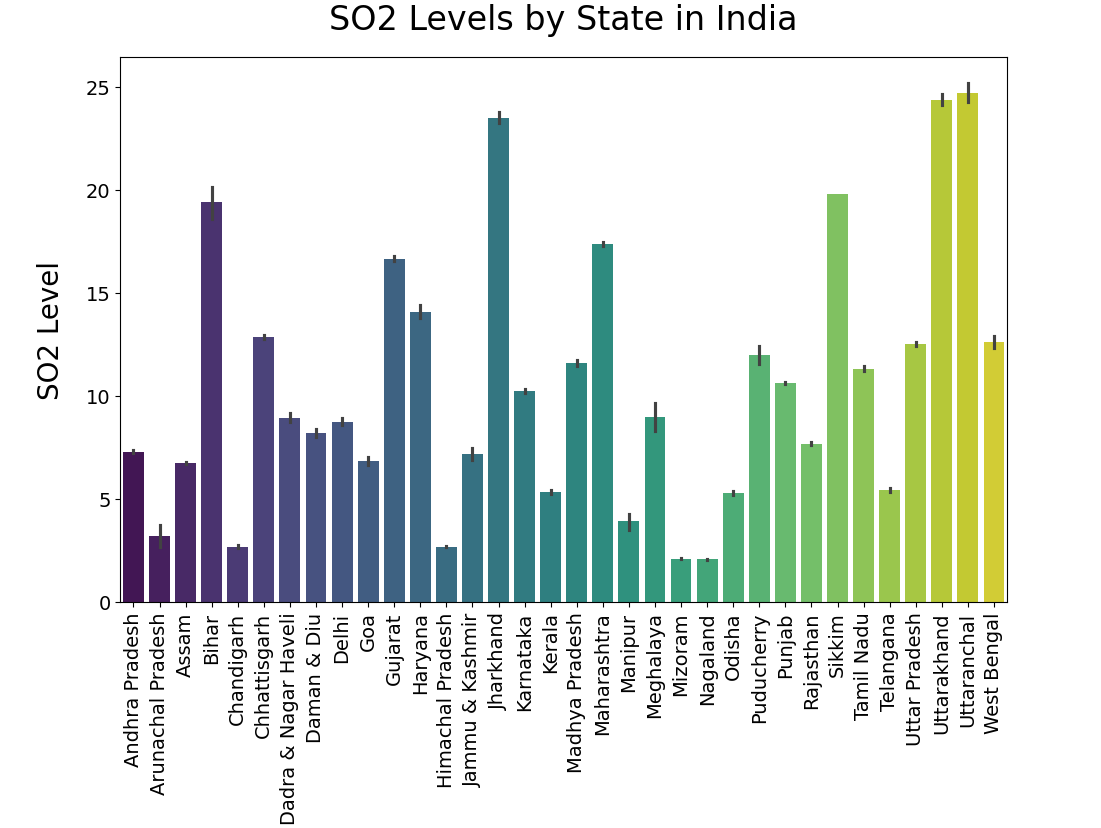Abstract
Air pollution has emerged as a critical challenge, directly affecting human health, urban sustainability, and climate systems. Traditional air-quality index (AQI) prediction models often struggle to provide timely alerts because they are not very sensitive to changes over time and are hard to understand. This paper proposes a Neuro-Inspired Alert System for Air Quality Prediction (NAS--AQP) that incorporates an ensemble learning approach using voting regression to enhance input quality, followed by classification through a Spiking Neural Network (SNN). The system is designed such that it captures the temporal and nonlinear relationships between air pollutants such as Nitrogen Dioxide ($NO_2$), Sulphur Dioxide ($SO_2$), Respirable Suspended Particulate Matter (RSPM) and Suspended Particulate Matter (SPM). The proposed method starts with preprocessing of the data and normalizing the features. After that, models like Linear Regression (LR), Random Forest (RF), and Decision Tree (DT) are trained and evaluated using Root Mean Square Error (RMSE), Mean Absolute Error (MAE), and Coefficient of Determination ($R^2$) metrics. After the training of above models, a voting based ensemble approach is used to improve AQI regression accuracy. A threshold based rule is then used to convert received, AQI predictions into binary alerts. Finally, SNN is trained to classify these alerts to achieve energy, efficient, real time, alerting by using its temporal coding and sparse activation. The ensemble voting regression model achieved an RMSE of 8.43 and MAE of 6.21, while the SNN classifier attained a classification accuracy of 92.4%.
Keywords
air quality index (AQI)
ensemble learning
voting regression
spiking neural network (SNN)
real-time prediction
environmental monitoring
respirable suspended particulate matter (RSPM)
suspended particulate matter (SPM)
temporal coding
machine learning
neuro-inspired systems
Data Availability Statement
Data will be made available on request.
Funding
This work was supported without any funding.
Conflicts of Interest
The authors declare no conflicts of interest.
Ethical Approval and Consent to Participate
Not applicable.
Cite This Article
APA Style
Sharma, S., Devgan, K., Jangra, D., Bhardwaj, A., & Aggarwal, S. (2025). Neuro-Inspired Alert System for Air Quality Prediction Using Ensemble Preprocessing and SNN Classification. ICCK Transactions on Machine Intelligence, 1(2), 69–79. https://doi.org/10.62762/TMI.2025.403059
Publisher's Note
ICCK stays neutral with regard to jurisdictional claims in published maps and institutional affiliations.
Rights and Permissions
Institute of Central Computation and Knowledge (ICCK) or its licensor (e.g. a society or other partner) holds exclusive rights to this article under a publishing agreement with the author(s) or other rightsholder(s); author self-archiving of the accepted manuscript version of this article is solely governed by the terms of such publishing agreement and applicable law.


 Submit Manuscript
Edit a Special Issue
Submit Manuscript
Edit a Special Issue

